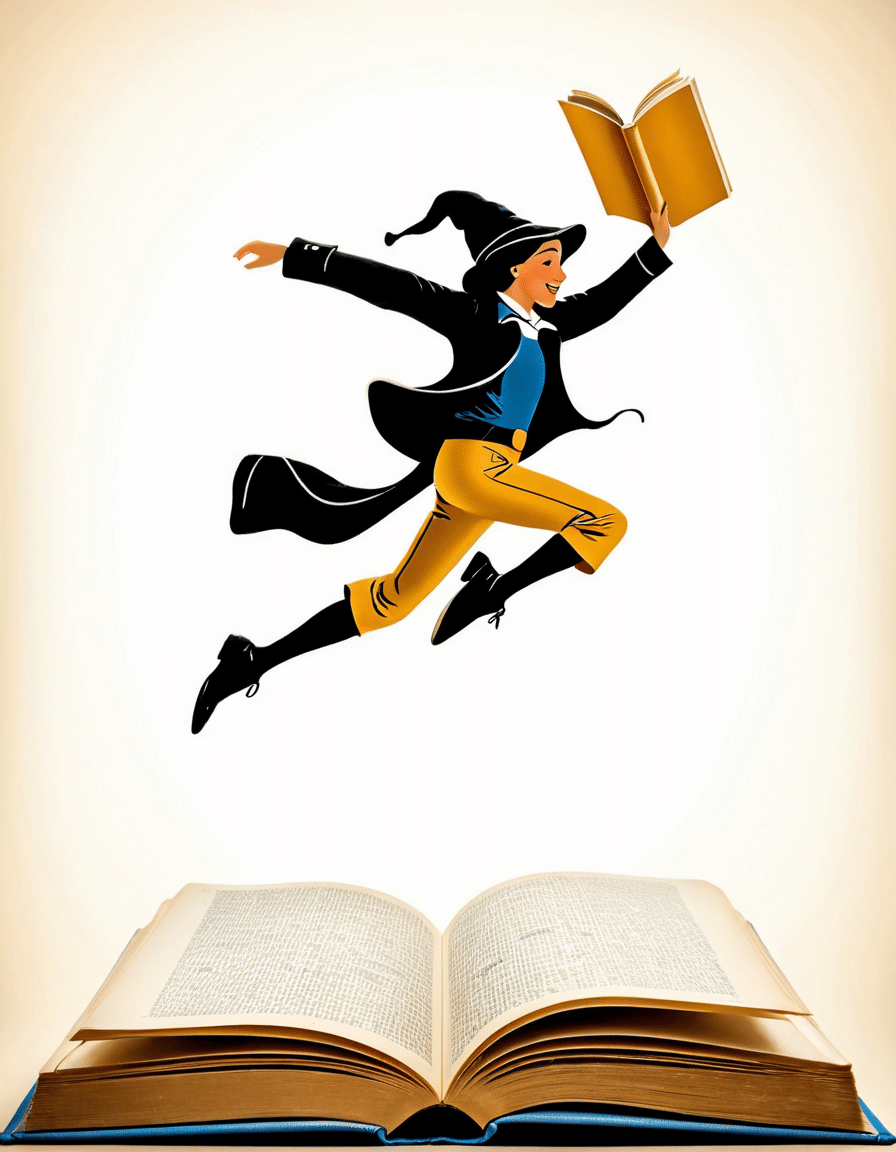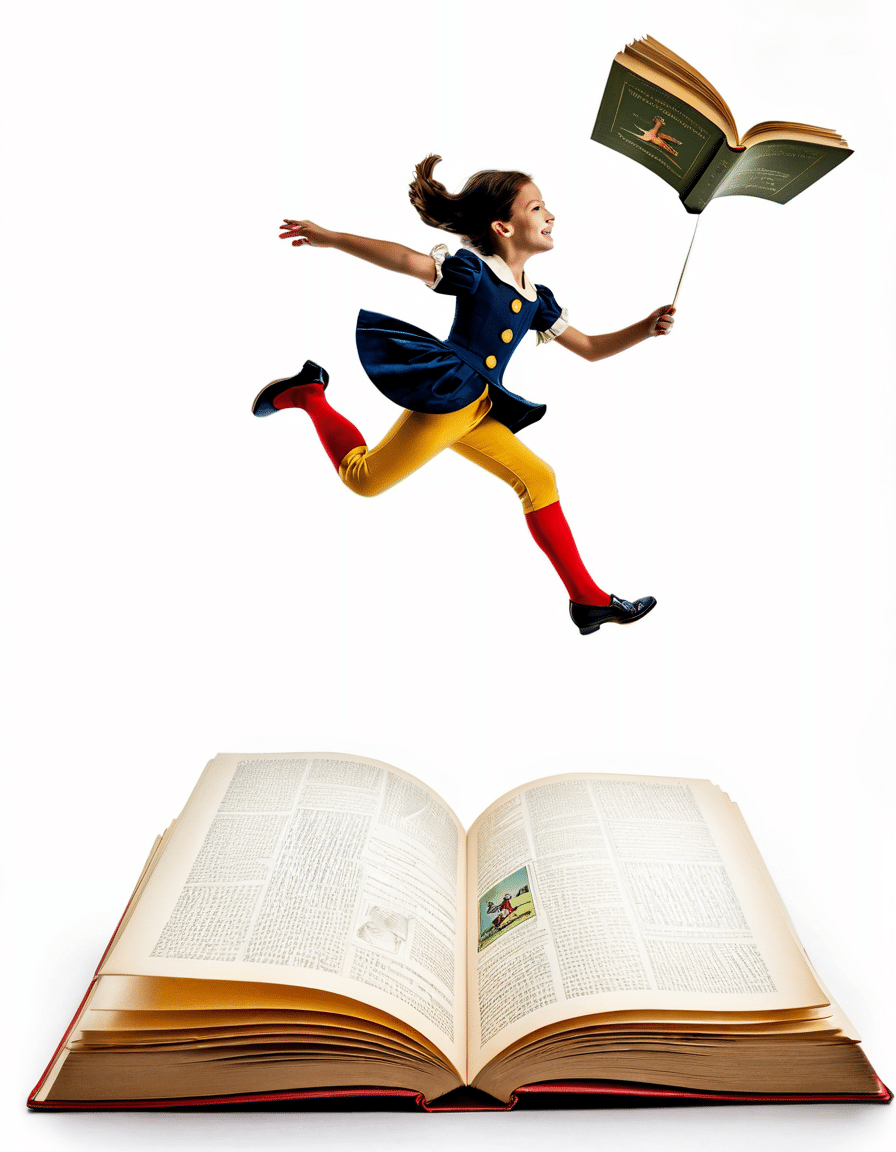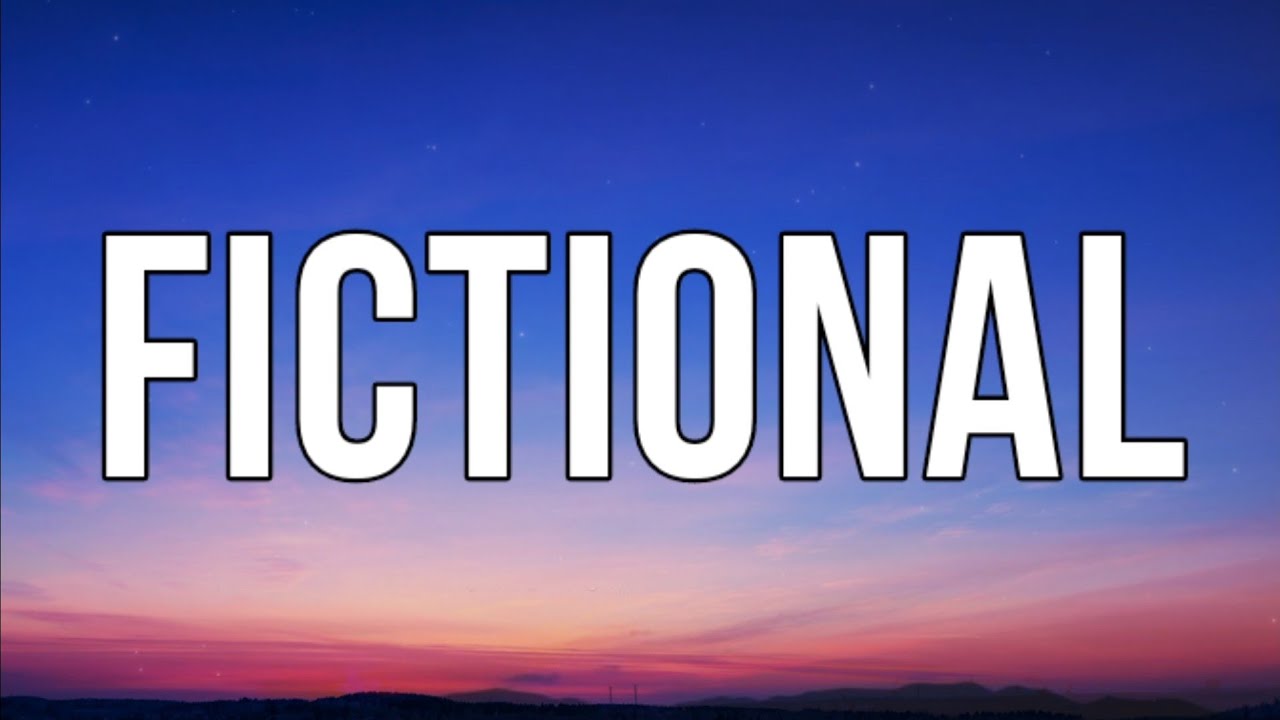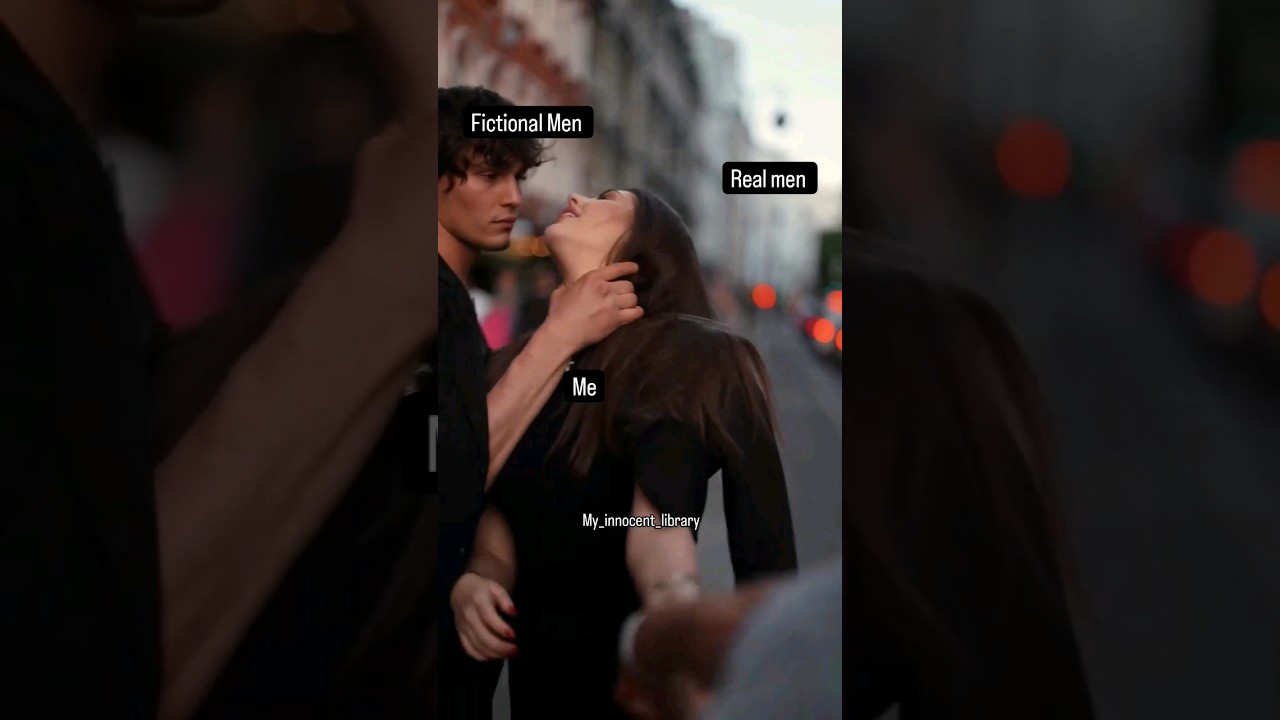
Fictional Characters That Captivate Our Imaginations Forever
Fictional characters possess an enchanting quality that pulls at our heartstrings and sparks our thoughts. They often go beyond mere words on a page or scenes on a screen, leaving indelible marks on our memories and culturally shaping our collective experiences. These fictional characters can evoke laughter, tears, and sentiments that resonate deeply within us. As we delve into a selection of iconic figures, we’ll explore how these characters not only captivate our imaginations but also mirror the spirit of their times.
Top 7 Iconic Fictional Characters Impacting Popular Culture

1. Harry Potter (Harry Potter Series)
J.K. Rowling’s Harry Potter illustrates the transformative power of friendship and the quest for identity. Growing from a mistreated boy into a courageous leader, Harry’s journey mirrors the collective struggles of adolescence. His story has gone beyond literature, spawning a blockbuster film franchise and even a theme park. Harry became a cultural touchstone, inspiring countless discussions on morality and sacrifice, which reflect the values of love and courage bridging generations.
2. Elizabeth Bennet (Pride and Prejudice)
Jane Austen’s sharp-witted Elizabeth Bennet represents an evolution in female empowered characters. Discontent with societal norms, her independence and refusal to be defined by marriage have made her a feminist icon. Elizabeth’s charm has opened doors for various adaptations, showcasing her relevance in contemporary discussions on gender roles. Her character encapsulates the ongoing fight for self-empowerment, echoing in modern narratives and popular lyrics.
3. Sherlock Holmes (Sherlock Holmes Series)
Sir Arthur Conan Doyle’s legendary detective, Sherlock Holmes, epitomizes intellect and keen observation. His legendary deductive skills have influenced the detective genre, inspiring adaptations that keep multiplying. The dynamic between Holmes and Dr. Watson serves as a benchmark for deep friendships. Present-day portrayals, like in the BBC series “Sherlock,” bring new relevance, blending classic traits with modern storytelling styles, making him a timeless figure in fiction.
4. Katniss Everdeen (The Hunger Games)
Suzanne Collins introduced us to Katniss, the ultimate symbol of resilience and activism. From her first hunt in District 12 to leading a rebellion, she embodies the struggle against oppression. Katniss has impacted a generation, rallying young voices to fight for social justice. Her journey speaks volumes in contemporary dialogues around empowerment and activism, making her presence felt in popular culture dialogues about courage and choice.
5. Tony Stark/Iron Man (Marvel Cinematic Universe)
Tony Stark’s evolution into Iron Man reflects a narrative about redemption and responsibility. Once a self-serving arms dealer, he transforms into a hero willing to sacrifice for the greater good. Robert Downey Jr.’s charismatic portrayal resonated with audiences, turning Stark into a household name. From inspiring memes to seizing a place in pop culture, Stark’s complexities resonate in the superhero narrative, reinforcing ideas of growth and accountability.
6. Frodo Baggins (The Lord of the Rings)
In J.R.R. Tolkien’s epic saga, Frodo represents the reluctant hero’s journey. Charged with the daunting task of destroying the One Ring, he symbolizes bravery and sacrifice under immense pressure. Through countless adaptations, his legacy manifests in various artistic expressions, connecting audiences to the core themes of good versus evil. Frodo’s struggles echo in our lives, reminding us of the personal battles we face in daily life.
7. Moana (Moana)
Disney’s Moana introduces a character that celebrates adventure and cultural heritage. Her quest to save her island and discover herself underscores environmental awareness and respect for tradition. Moana’s journey has struck a chord with fans, making her an emblem of girl power in a changing world. Through her narrative, audiences engage with deeper themes of identity and responsibility, reminding them of their roots and the need to protect the planet.

The Enduring Legacy of Fictional Characters in Popular Culture
These fictional characters have become fundamental to popular culture, offering reflections of societal changes and artistic expressions. They transcend their stories, embodying universal themes that resonate across demographics. By capturing the essence of human experiences, they become references that inform our understanding of ourselves.
Their lasting impact sparks ongoing dialogues about identity and morality. These characters remain culturally relevant; for example, look at how characters like Katniss Everdeen and Elizabeth Bennet have made waves in discussions about gender and empowerment. Through engaging storytelling, authenticity, and relatability, they elevate discussions that matter today.
Fictional characters serve as mirrors, allowing us to explore our hopes, fears, and aspirations. As we reflect on their narratives, we recognize their role in shaping our perspectives and inspiring creativity. Whether through literature, film, or music, the stories we tell about them endure, reminding us of the ongoing human experience.
In a world that constantly shifts and evolves, we realize that fictional characters do more than entertain; they invite us to engage with the deeper themes of humanity. These figures challenge us to think critically about the narratives we create in our own lives, inspiring us to forge stories that reflect our experiences and values. Amid rapid societal transformations, characters like Harry Potter and Moana provide guiding lights, urging future generations to dream, aspire, and strive toward a better world.
Fictional Characters That Captivate Our Imaginations Forever
The Soul of Storytelling
Fictional characters hold a special place in our hearts, acting as the backbone of compelling narratives that keep us glued to our screens or pages. Take Julie and her friends from Julie and the Phantoms—the cast brings the show’s charm to life, making audiences laugh, cry, and, of course, swoon. Similarly, imagination runs wild with characters that embody traits we admire or struggle with, like Tywin Lannister from Game of Thrones, who, despite his harsh demeanor, leaves us pondering the moral shades of power and manipulation. This duality in fictional characters sparks debates, fandoms, and enduring popularity as they resonate with our experiences, both good and bad.
Who’s Who in Fiction?
Did you know that some characters are inspired by real-life folks? Tatum O’Neal, an Oscar-winning actress, famously played the role that carved her place in history, showing us how fiction and reality can intermingle. On the flip side, in our modern storytelling, we have quirky inventions like the Scrub Daddy, which, believe it or not, is a star in the cleaning-supplies aisle. Its very own narrative of becoming a hit product shows how character traits—playfulness and effectiveness—make even household items memorable. In storytelling, vivid descriptions and relatable personas enable us to form bonds, fostering deep connections with each character.
A Journey of Imagination
The thrill extends when we explore characters in various settings. For instance, in films like Tires, we’re introduced to a cast that uniquely navigates their challenges, leaving a lasting imprint on viewers. Characters like Stormi, connected to her environment and other figures in her story, teach us about resilience and growth in unexpected circumstances. This reveals how fictional characters can help us venture beyond our everyday lives, encouraging us to consider perspectives from all walks of life. The journey these characters take us on can be both entertaining and enlightening, solidifying their place in our imaginations long after the credits roll. As we embrace these captivating figures, it’s clear they hold an undying allure that fuels our shared storytelling tradition.













